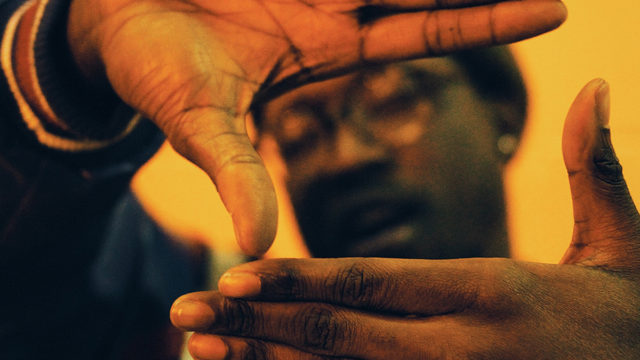Mark your calendar for Mediaweek, October 29-30 in New York City. We’ll unpack the biggest shifts shaping the future of media—from tv to retail media to tech—and how marketers can prep to stay ahead. Register with early-bird rates before sale ends!
Marketers have pledged billions of dollars over the past couple of years to fund minority-owned media. But delivering on those promises has been harder than flipping a switch. Rhonesha Byng, founder and chief executive officer at Her Agenda, and Lisa Torres, president of Cultural Quotient at Publicis Media, took the stage at Adweek’s NexTech Summit to share how they’re exploring the new companies and collectives helping to spur this progress, plus what more needs to be done.
Going beyond the pledge
While Byng appreciates the intention behind recent high-dollar pledges from industry behemoths to fund minority-owned media, she said she’s yet to see these pledges actually come to fruition and do what they’re intended to.
“Pledges really don’t mean anything to Black-owned media, especially when those dollars are tied to performance-based advertising campaigns,” she said. “The reason for that is because Black-owned media has been left out of deal flow for years, and they’ve been operating off crumbs—if they’ve been invited to the table for a plate at all. You’re left with an industry where you only have a short list of media companies that can even operate and deliver in full on even a $1 million deal. You have to look at actually pivoting those dollars to direct investment in order to move the needle forward. That’s something that, up to a year ago and today, I haven’t really seen.”
Overcoming a broken system
Torres added that the legacy metrics currently at play are broken, and something must be done to fix them before equity can be achieved.
“I had no interest in being part of the commitment Olympics, as I call it,” she said. “Who wins in that type of thing? The infrastructure is not there to support that level of investment, and the system is broken—it is full of biases. This is an ecosystem that’s built on scale and efficiency. That doesn’t necessarily work when you look at partners that are niche or are directed to a specific cohort or audience. They have to be measured differently, but our current measurement doesn’t even see them.”
Torres said to overcome these legacy barriers, the industry must work collectively—across all sides—and funnel more spend and opportunity to diverse suppliers.
Disrupting the landscape
According to Byng, the only way to create an equitable media landscape is through disruption, not trying to force solutions to work with the status quo.
“To create true equity, agencies and brands must be willing to disrupt and ultimately create new systems instead of trying to fit Black-owned media into what has always existed,” she said.
The duo agrees that creating an equitable media landscape must be a collective effort, starting with taking a look at how brands are investing their money.
“You need to understand the contribution to your sales and then invest accordingly,” she said. “I think that innately is going to change your dynamic in terms of how you invest your dollars. Everybody’s dollar is green, but where the green is coming from is radically changing in this country. If you don’t really pay attention to that, you are going to be on the losing side of an equation you are not going to be able to fix.”









